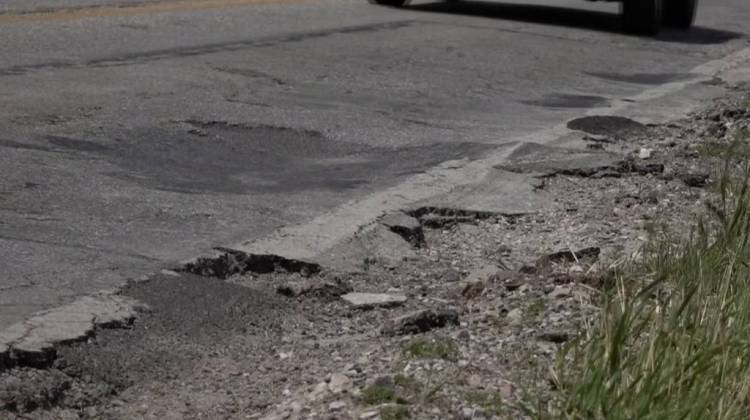The U.S. Department of Agriculture has unveiled a set of federal initiatives aimed at providing more transitional housing services to rural Americans suffering from substance abuse.
The federal agency's announcement touts four housing efforts, such as a plan to make USDA-owned foreclosed homes in 22 states available to nonprofits to develop into transitional housing. Indiana isn’t among those states, though.
Despite Indiana’s opioid crisis and reported need for such programs, many of the USDA’s plans won’t come to the state in the near future, in part because of a technicality about how Indiana manages homes owned by the USDA.
Beth Keeney, senior vice president at Lifespring Health Systems, which provides housing services to recovering Hoosiers in six counties, says that’s a problem. She says funding for transitional housing has been drying up, even as the need is growing in rural areas, such as Scott County.
"Part of what we have found in working with that population, is they are all unstably housed for the most part and they don’t really have good alternatives to transition to once they are sober," Keeney says.
Indiana USDA Rural Development Director Phillip Lehmkuhler says the success of those programs elsewhere will affect whether they’ll be made available in Indiana.
"This is something we need in Indiana. We have a lot of communities that have a high opioid use," Lehmkuhler says. "People think it’s an urban problem. It’s not an urban problem, it’s a rural and urban problem."
The USDA is also encouraging its rural development offices to direct a certain type of loan -- called a community services program loan -- to nonprofits hoping to develop transitional housing. Indiana is already eligible for these loans.
 DONATE
DONATE







 Support WFYI. We can't do it without you.
Support WFYI. We can't do it without you.